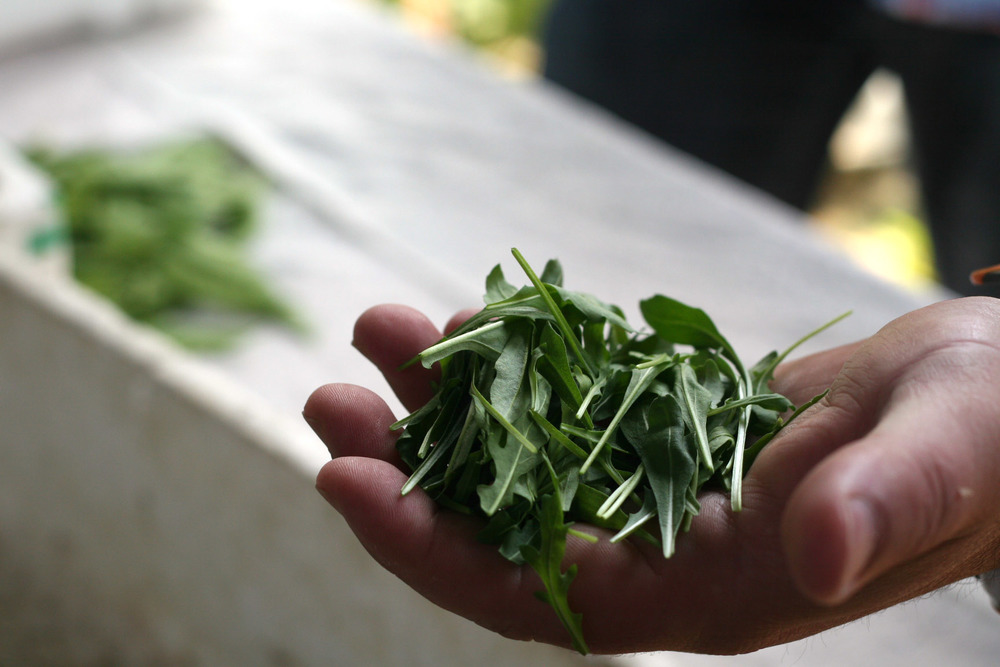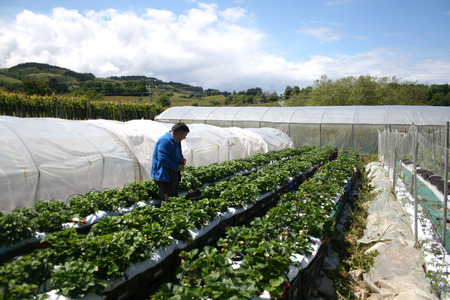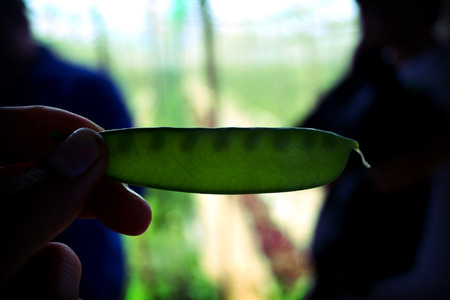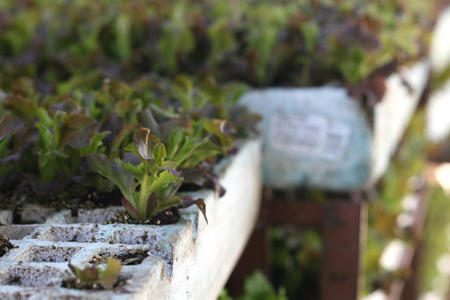Aroa: Getaria, Basque Country

A few weeks ago, in late May, Jaime Burgaña was on the way to dinner in a nearby village. Suddenly, unexpected hailstorms struck, raining down on the windsheild of the car he and his friend were driving. He began to weep, to hear him tell it, like a baby.
You see, Jaime is a farmer. And his farm, Aroa, produces some of the finest, rarest, most delicious greenery in Basque Country--everything from guisantes de lágrima, those little pearls that are valued at over 100 euros a kilo...
...to sweet, wild-tasting strawberries. He was weeping for crops that he took for ruined, for lost; at the prospect of starting over from scratch.
He grew his farm three to four years ago to a seven-member team, and since then they have taken baby steps towards growing each year. But why are they so special? Use of expensive seeds as a base is one of the main things that differentiate Aroa. And the seeds aren't good because they're expensive. They're good because they aren't mass-produced, modified seeds; they're heirlooms. "Big seed companies have appropriated the seeds, something that belongs to everyone, for their own," Jaime says. I can hear anger mixed with resignation in his voice.
Jaime showed us a selection of the lettuces and greens they grow at Aroa, and it was the most passionate talk about flowers and salad I've ever experienced. And with it, and with the reactions of those around me, I realized just how limited the "amazing gastronomy" of this area is. Amazing txuleta, amazing seafood, yes yes and yes. Amazing arugula? Never. Sweet home gardens with great lettuce and tomatoes? Chya. Commitment to farming things that actually taste like what they are? Not really.
So how to be like a real farmer? Jaime refuses to put vinegar on his tomatoes. Why would you? Because that's what everyone's doing? Perhaps that is an extreme aversion to trends, but he looks at both eating and farming analytically, and it shows.




